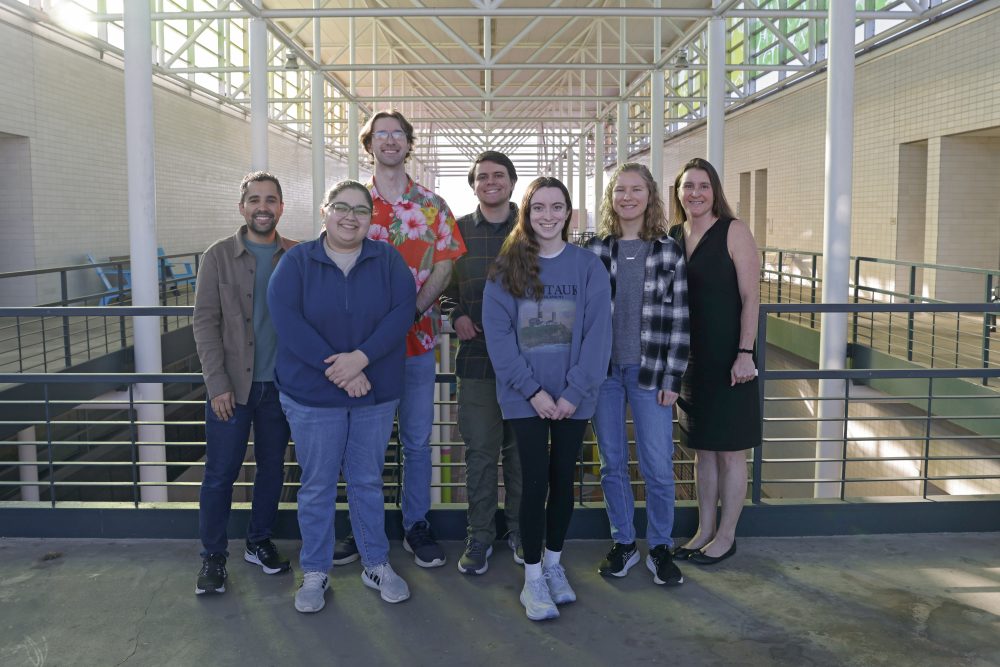Caring Connections
Exploring the Social Psychology of Relationships

As Valentine’s Day approaches each year, Amy Canevello, Ph.D., professor in the Department of Psychological Science, gets an uptick in requests to lend her expertise to conversations on love and relationships. However, romantic relationships are just one piece of her social psychology research, which spans self image, social motivations and goals, and relationships of all kinds. These overlap and interact in ways that have continued to interest and motivate her during her years dedicated to studying, teaching, and researching their intersections.
The importance of friendship
Although Valentine’s Day celebrations often center romantic relationships, friendships are a crucial type of relationship which have a significant impact on personal wellbeing. Having platonic social connections is one of the most reliable predictors of leading a healthy life, by lowering stress and anxiety and increasing levels of happiness and contentment.
“We sometimes treat relationships like they’re not that important, but when we don’t have connections to other people, we get sick,” Canevello said. “Mentally we struggle and physically we struggle, and that’s really, really powerful.”
However, there are gaps and limitations in research focused on adult friendships, which is why the importance of friendships in adults is a particular focus for Ella Gorstein, a master’s student in Canevello’s lab. Gorstein is currently working on her first-year project exploring how chronic health conditions affect the maintenance and quality of friendships.
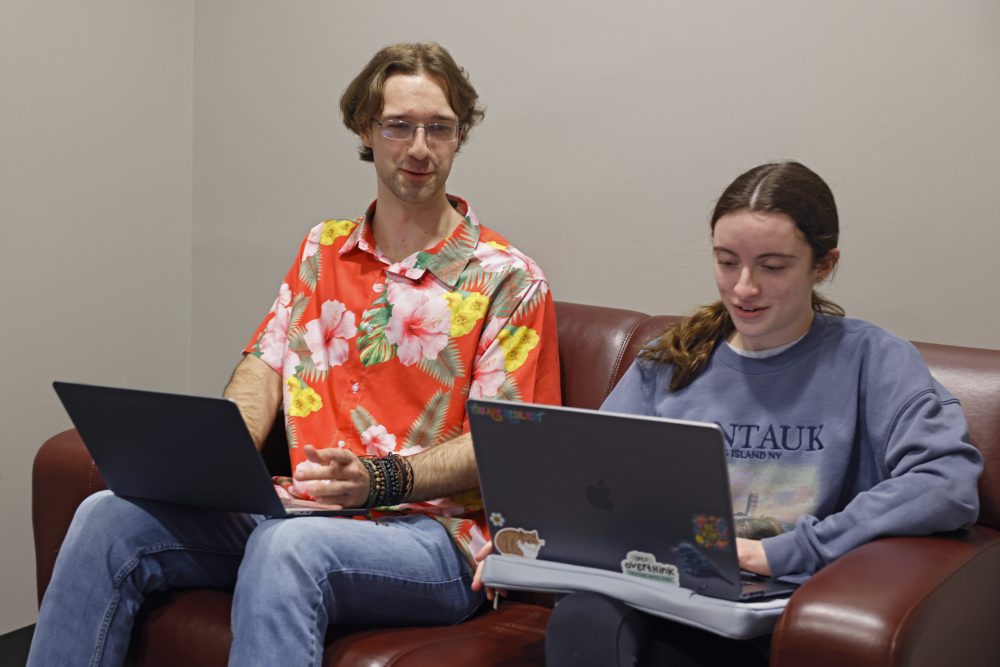
“We don’t always think as much about friendships in adults, a lot of times we look at friendships in pediatric populations and romantic relationships in adults,” Gorstein said. “But we know adults do have friendships and sometimes they are just as important or more important than romantic relationships.”
How to study relationships
At UNC Charlotte, Canevello teaches social psychology and research methods courses while leading a research lab in the College of Humanities & Earth and Social Sciences. Students in the lab are involved in all aspects of the research, with graduate students publishing papers and undergraduate students presenting at research conferences.
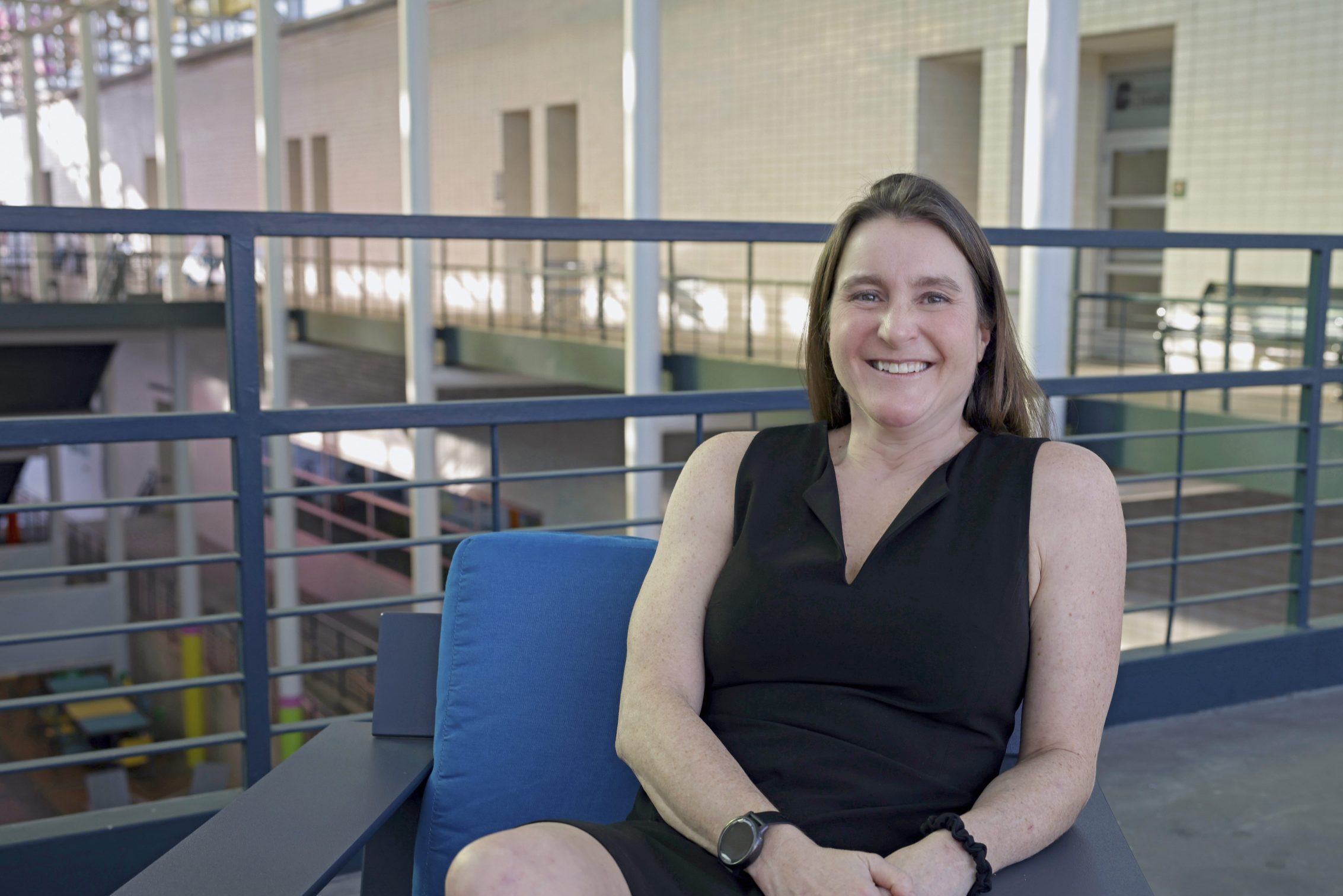
“You take the classes and you learn the theories, but what drew me to the lab was the opportunity to actually get to see the whole process of how the data is collected, cleaned, analyzed and then to write it up and present the results,” said Aine Sotillo, a senior in the lab.
Together they explore relationships of all types, spanning roommates who just met for the first time on college move-in day, to long-term romantic relationships.
“There’s a lot of emphasis on making sure that students are bringing the researcher’s mentality to the lab, and it doesn’t matter which level you are,” said Jacob Dapp, a second-year master’s student. “I think that brings a lot of respect among everyone here, and also the sense that we’re all in this together, irrespective of what our exact roles are.”
One of Canevello’s methodological specialties is dyadic longitudinal work, preferring to follow relationship development over time. “What that allows you to do is get a more interesting picture of the dynamic, and you can see the upward spirals of a relationship, and you can then also see the downward spirals which is unfortunate, but it’s also really interesting,” she said.
The lab-wide study currently in progress centers around caregiving, and they utilize Canevello’s academic expertise on social psychology theories including “egosystem” and “ecosystem” motivational frameworks and relationship growth belief.

To get a good picture of relationships, Canevello invites participants into the lab to interact, answer questions, and walk through various situations such as recent conflicts. Her team watches and captures the interactions to analyze what each person is experiencing at different points in time. The lab also utilizes virtual interviews, online surveys, and other methods to get a better understanding of relationships.
What happens in the best relationships?
Contrary to popular belief, healthy relationships do not need to get better over time to succeed in the long run. “When you look at the data, the best relationships are stable,” said Canevello. “If you can keep a moderately happy relationship stable, that’s likely to put you on a trajectory toward long-term relationship satisfaction. Instability, or drastic highs and lows in your relationship can be quite problematic.”
When people in relationships experience these intense fluctuations in their emotions and the quality of their relationship, their relationships tend to not do as well in the long-term compared to people whose happiness and satisfaction remain more moderate and stable over time.
“From the social psychology literature, we know that positive events are less impactful than negative events and the impact of negative events lasts longer,” explains Canevello. “Assuming you’re in a satisfying relationship, you want stability. Stability is the thing that gets you to the finish line.”
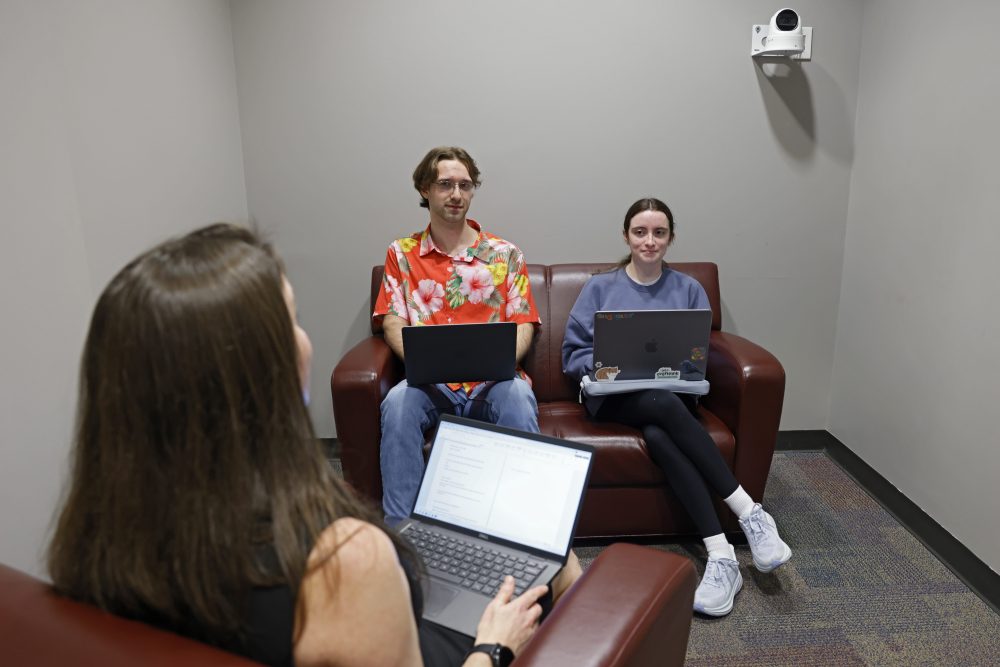
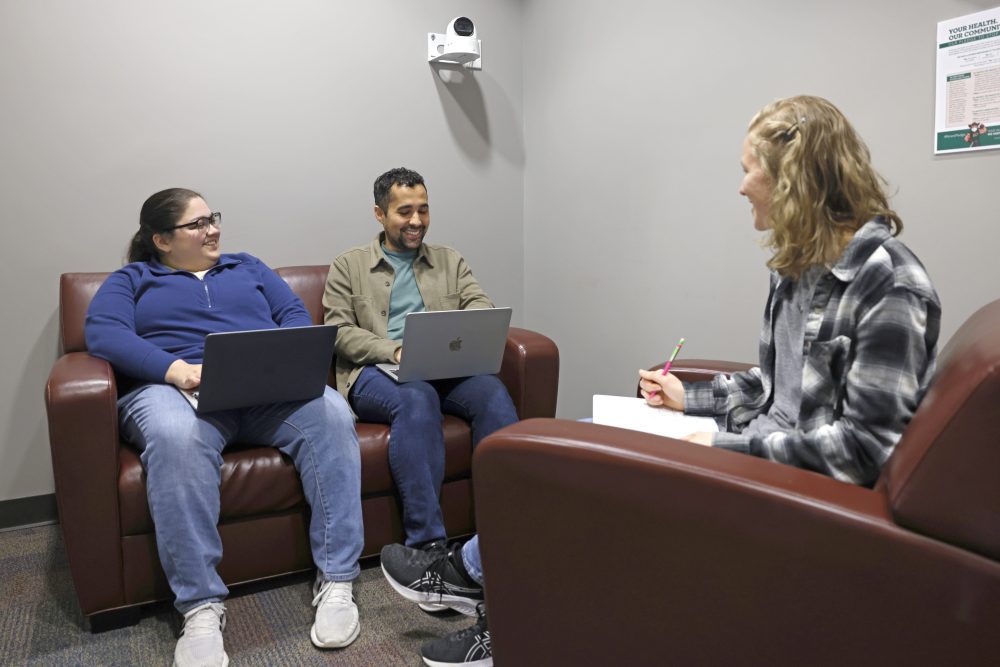
Resolving conflicts
Canevello is particularly interested in the differing beliefs about relationships which can inform how people handle conflict. “Good relationships aren’t characterized by lack of conflict, they’re characterized by being able to work through your conflict in a constructive way, not by doing destructive things,” she said. “And then seeing that as an opportunity to become closer and get to know your partner better.”
When a conflict inevitably arises within any relationship, going into the conflict with compassionate, caring, and supportive goals makes the conflict easier to overcome. “One of the things that I underestimated about this work when I first started is the power of caring about other people,” Canevello said. “I think it’s extraordinary.”
The quality of an apology matters in maintaining long-term relationships. When a partner transgresses, honesty, trust, and remorse are important in getting the relationship back on track without lingering discontent.
The lab’s research has found that it’s important to refrain from doubling down when apologizing. “I’ve learned about the importance of not just what you say in an apology, but what you don’t say,” explained Dapp, who completed his first-year project last year, and is now working on his master’s thesis.
Conducting slow, supportive research
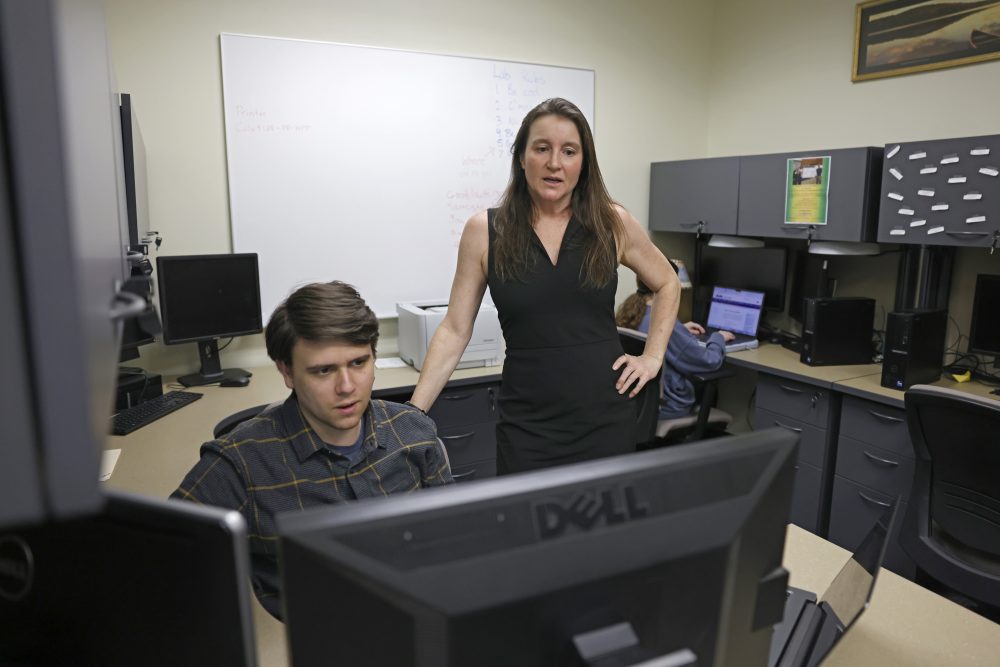
Navigating the complexities of conducting research on emotional and vulnerable situations such as arguments, conflicts, and apologies presents unique challenges. However, the students in the lab emphasize that Canevello leads by example through the importance she places on diligence, patience and collaboration.
“Dr. Canevello’s tagline is ‘science is not fast,’” explained Gorstein, speaking to the rigor it takes to study relationships over long periods of time. Their ability to prioritize a slower and methodical approach to research allows for the lab to put significant care into ensuring that all research is conducted thoroughly and responsibly, and that all participants feel comfortable and safe throughout the process.
For Canevello, exploring the interactions between the self, social motivation, and interpersonal relationships, and getting to teach and inspire students in the classroom and the lab to do the same continues to fulfill her.
“I told my students this semester, I’ve been doing this a long time, and I just really love doing research,” Canevello says. “The idea that you can ask people questions and then you can learn things about them that they didn’t explicitly recognize or understand about themselves. Who wouldn’t want to do that for their entire life?”
